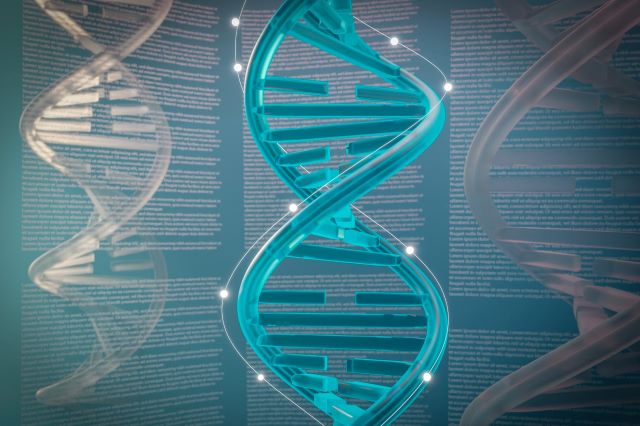The Everyday Toxins Lurking in Your Life

Today, we live in a world surrounded by synthetic chemicals — in the air we breathe, the water we drink, the food we eat, the cosmetics we use, the packaging we touch, and the cleaning products we rely on. These substances include solvents, plasticizers, preservatives, and by-products of industrial processes. Even if we don’t notice them directly, our contact with them is constant and often invisible. For example, if you leave a plastic water bottle in the sun, you’re likely drinking water that now contains microplastics.


